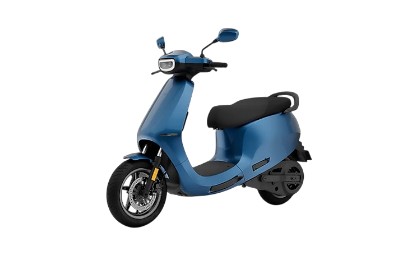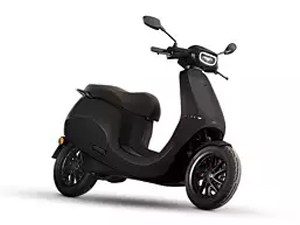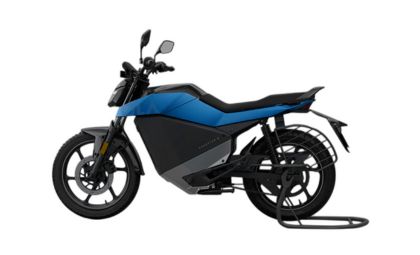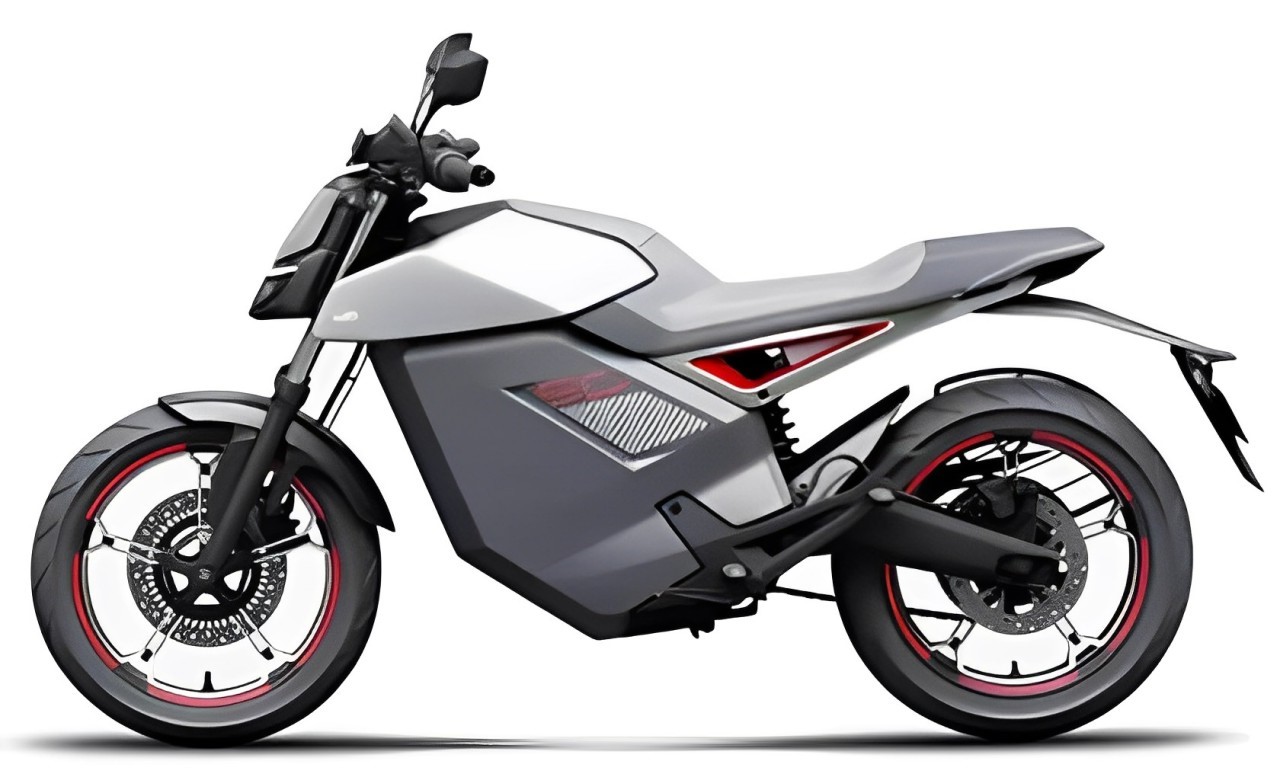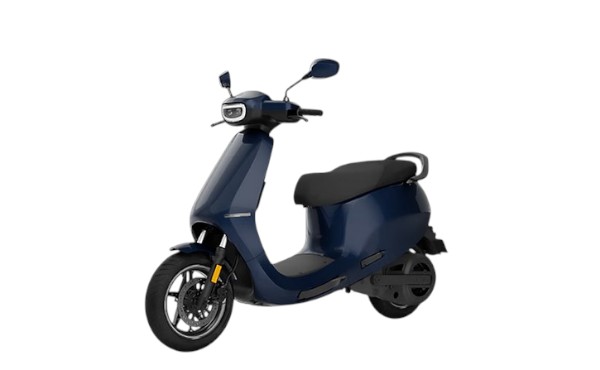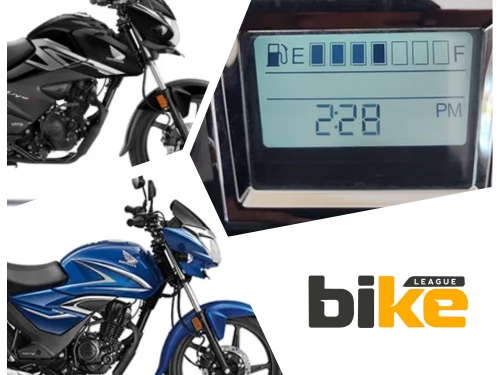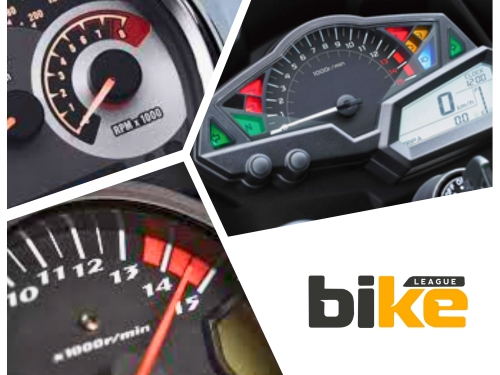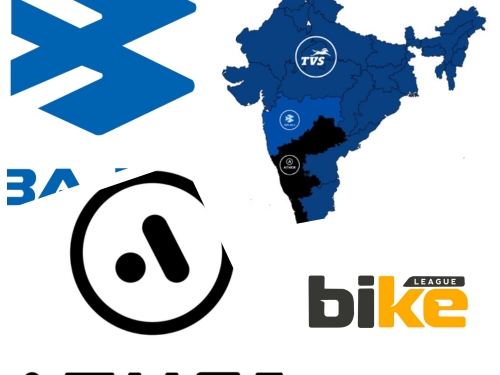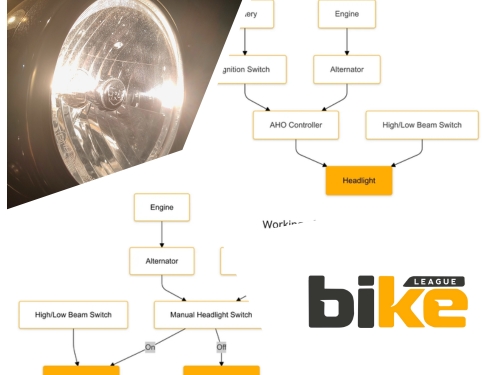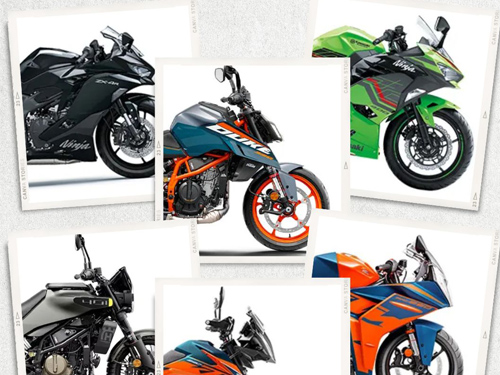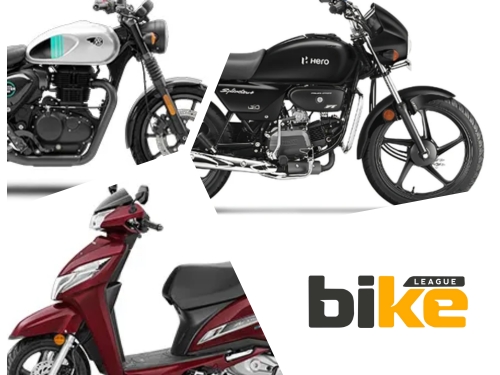Ola
LIST OF ALL OLA ELECTRIC BIKES AND SCOOTERS
ABOUT OLA ELECTRIC BIKES AND SCOOTERS
Ola Electric is an Indian electric vehicle company that has rapidly transformed the country’s electric mobility landscape. The company was founded to promote sustainable transportation and has become a major player in the rapidly growing electric two-wheeler market, helping India transition toward cleaner and more modern mobility options.
History and Growth
Ola Electric began in 2017 as a spin-off from ANI Technologies. Its goal was to reduce India’s use of fossil fuels and help fight urban pollution by encouraging more people to use electric vehicles. The company initially introduced electric cars to its cab service, then transitioned to manufacturing electric two-wheelers for a broader audience.
Support from major investors, including Tiger Global, SoftBank, and Ratan Tata, helped Ola Electric grow rapidly. The launch of the Ola S1 scooter series was a pivotal moment that established the company’s reputation across India. In less than four years, Ola Electric has produced over one million electric vehicles, primarily scooters, making it the fastest Indian EV manufacturer to reach this milestone.
Key Milestones and Developments
Ola Electric’s journey is marked by several noteworthy milestones:
- 2017: Company inception
- 2021: Launch of the Ola S1 electric scooter lineup.
- 2022: Groundbreaking ceremony for Futurefactory, designed to be the world’s largest two-wheeler EV manufacturing facility.
- 2023: Futurefactory commissioning and rapid expansion of retail reach with thousands of experience stores across India.
- 2024: Successful IPO raising ₹5,500 crore and unveiling of the Roadster electric motorcycle prototype.
- 2025: Produced its 1 millionth electric vehicle and expanded its product portfolio to include multiple models and enhanced technology platforms like MoveOS 6 with AI capabilities.
Manufacturing Facilities
Ola Electric’s primary manufacturing site is the Futurefactory in Krishnagiri, Tamil Nadu. Covering almost 2,000 acres, it is the world’s largest integrated electric two-wheeler production facility. The factory utilises a high level of automation. It manufactures key components, including battery cells, electric motors, and vehicle assemblies, on-site.
A nearby lithium-ion cell Gigafactory is being built to increase battery production to 100 gigawatt-hours each year. The goal is to help India become self-sufficient in making EV parts. By manufacturing more components locally, Ola can mitigate supply chain risks and enhance product quality, thereby strengthening its position in India’s EV industry.
Market Position and Achievements
Ola Electric soon became India’s largest electric two-wheeler manufacturer, holding a significant market share at its peak. Even with increased competition from established companies like TVS, Bajaj, and Ather, Ola remains a substantial and leading brand in the electric scooter market.
Ola’s direct-to-consumer approach, along with its many experience centres, wide product range, and focus on technology, has been well received. With over one million EVs produced and the opening of the Futurefactory show, Ola’s leadership and commitment to growing electric mobility in India are evident.
Future Plans
Ola Electric plans to expand its manufacturing capacity by increasing the output of its Gigafactory, aiming for 100 gigawatt-hours of lithium-ion cell production annually. The company is also introducing new products, including electric motorcycles, sports models, and possibly other vehicles. For now, it has paused work on electric cars to focus on its main products and market position.
Ola plans to upgrade its MoveOS software with AI features, including voice assistance, predictive maintenance, and enhanced connectivity. The company is also expanding its retail and after-sales support across India to help make the country a global centre for EV manufacturing and technology.

